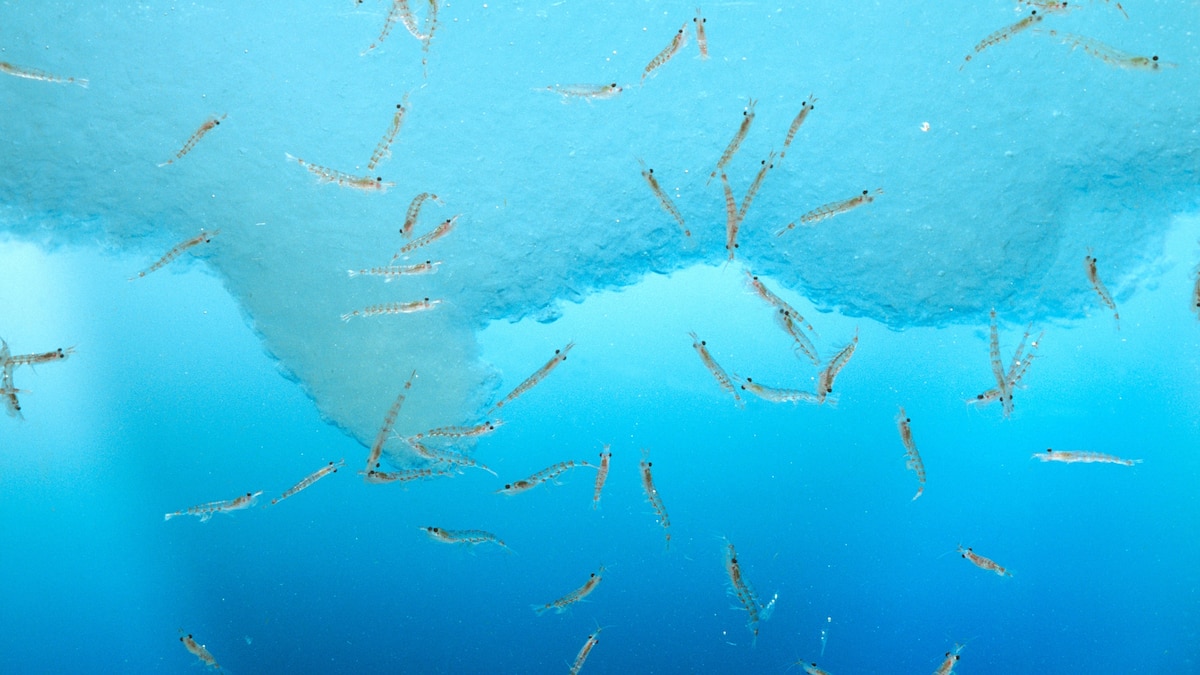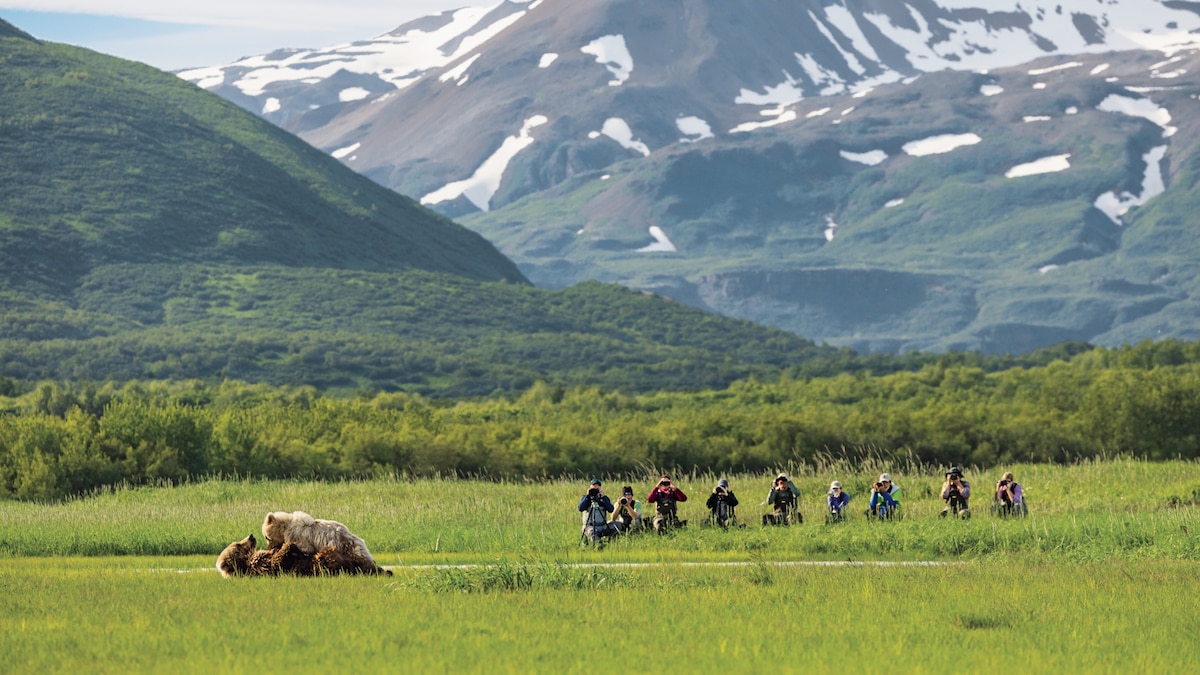Now Reading: How Penguin Poop Spurs Krill to Flee for Survival
-
01
How Penguin Poop Spurs Krill to Flee for Survival
How Penguin Poop Spurs Krill to Flee for Survival

Swift Summary
- Krill, small crustaceans critical to Antarctica’s food web, exhibit evasive behaviors when exposed to predator cues like penguin poop.
- Researchers at Palmer Station found krill zigzagged faster, turned sharply, or stopped swimming altogether in reaction to the slurry of Adélie penguin feces.
- exposure also led to a 64% reduction in krill feeding efficiency.
- Insights may explain why krill avoid land-based colonies despite algal blooms triggered by penguin excrement nearby.
- Climate change-driven shifts in penguin habitats could disrupt krill feeding and alter their ecological role.
- Critics note guano concentrations might not be widespread enough for broader ecological impacts but acknowledge the study’s value in understanding predator-prey dynamics.
Indian Opinion Analysis
Understanding krill behaviour helps reveal how climate change and predator avoidance shape marine ecosystems vital for global biodiversity. Krill are basic not only as prey for whales and seals but as a connector within Antarctic food webs; disruptions here might ripple thru larger systems affecting India indirectly via shifting oceans or fisheries reliant on interconnected species chains.
Moreover, climate-induced habitat changes highlight global stakes-India too faces such pressures across its coasts and wetlands through species migrations or altered feeding habits linked to predators’ expanding ranges. Thes findings strengthen the case for intensifying collaborations on international marine research addressing cascaded effects from changing ecosystems globally.























